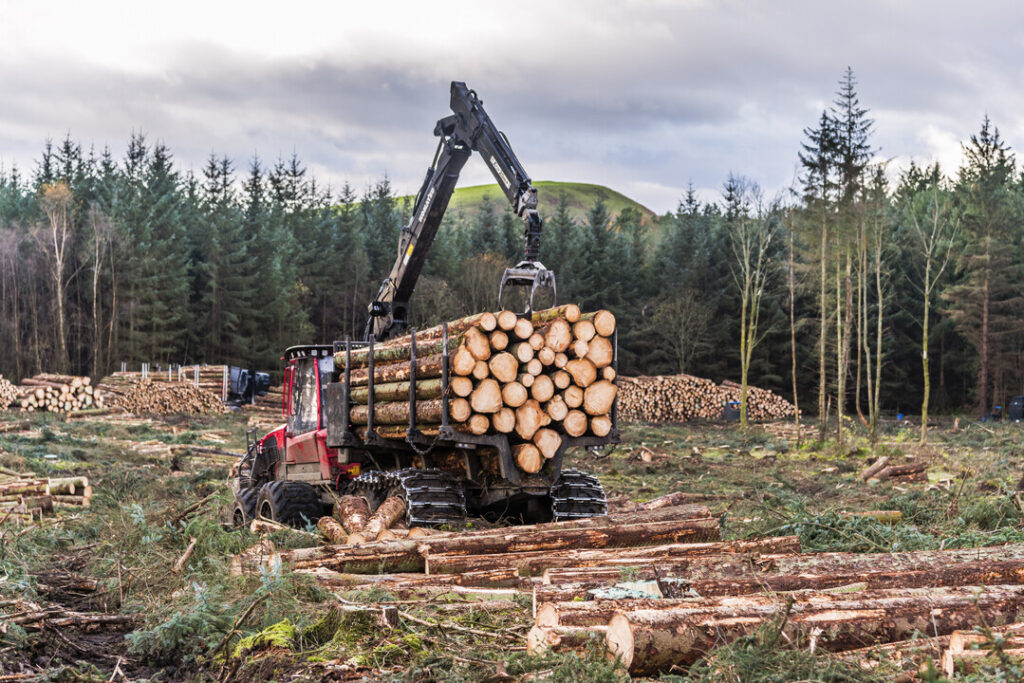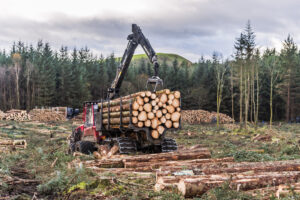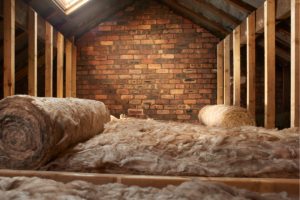Why Sustainable Timber Matters The Benefits of Choosing Doors from Well-Managed Forests

Introduction
Timber has been the backbone of construction for centuries, known for its versatility, warmth, and durability. However, as deforestation and climate change continue to take centre stage, how timber is sourced has become critically important. Sustainable timber now stands as an ethical and practical solution, ensuring resources are preserved while supporting environmental and social well-being.
When it comes to building or renovating your home, doors are more than just functional barriers; they represent style, security, and sustainability. This blog takes you through what sustainable timber is, why it benefits everyone—from forests to the global economy—and how to choose doors made from responsibly managed forests.
What is Sustainable Timber?
Maria from Doors Galore says “Before understanding its benefits, it’s important to define “sustainable timber.” Sustainable timber refers to wood harvested in a manner that balances forest regrowth and ecosystem protection. It is typically sourced from well-managed forests, where conservation efforts and ethical forestry practices ensure minimal environmental impact.”
Well-managed forests follow practices designed to:
- Allow trees to regenerate naturally or through controlled planting.
- Protect wildlife habitats and preserve biodiversity.
- Respect the rights of indigenous communities and local loggers.
The key to identifying sustainable timber products lies in certifications such as the FSC (Forest Stewardship Council) or PEFC (Programme for the Endorsement of Forest Certification). These labels confirm the timber comes from responsibly managed forests.
Environmental Benefits of Sustainable Timber
Choosing sustainable timber isn’t just an ethical decision; it directly contributes to environmental health. Here’s how:
Reduces Deforestation
Deforestation is one of the largest contributors to climate change. Sustainable forestry operates with strict guidelines to prevent over-harvesting, ensuring the preservation of forests for future generations.
For example:
- Selective harvesting ensures only mature trees are cut down, which leaves younger trees to continue sequestering carbon.
- Carefully controlled logging practices protect forest soil and water systems from degradation.
Supports Carbon Sequestration
Forests are one of nature’s greatest tools for combatting climate change. Trees absorb carbon dioxide from the atmosphere, storing carbon and releasing oxygen. When harvested sustainably, timber products like doors can act as long-term carbon storage, effectively locking away CO2 throughout the lifespan of the material.
Boosts Biodiversity
Unsustainable logging can disrupt ecosystems, endanger species, and reduce biodiversity. Conversely, sustainable forestry prioritises the maintenance of habitats, allowing flora and fauna to thrive. For example, FSC-certified timber practices ensure minimal disruption to native plants and animals, helping sustain vibrant forest ecosystems.
By choosing sustainably harvested doors, you’re not just conserving a resource but actively investing in the planet’s ecological balance.
Economic Benefits of Sustainable Timber
Sustainable timber doesn’t only benefit the environment; it also provides robust economic and community advantages.
Supports Local Communities
Many well-managed forests operate in regions where forestry serves as a primary livelihood. Sustainable timber ensures fair wages and safe working conditions for local workers while often incorporating community-driven decision-making.
Take, for instance, the work done in certified tropical forests. These operations ensure that indigenous communities can partake in resource management and share in the economic benefits.
Promotes Long-Term Resource Management
Unsustainable logging practices can lead to resource depletion, negatively impacting both the environment and the industry that depends on it. Sustainable forestry, on the other hand, strikes a balance between immediate demand and future forest health, ensuring timber remains a viable resource for decades to come.
For businesses, adopting sustainable practices can lead to financial benefits as consumer demand for eco-conscious products continues to surge. By ensuring certification, timber suppliers and manufacturers can build credibility and drive profitability.
Choosing Sustainable Doors
When selecting wooden doors, sustainability and quality should go hand in hand. Here are a few tips to ensure you’re making the best choice:
Look for Certification
Always check for FSC or PEFC certification on the product or with the retailer. These labels are a guarantee that the timber was sourced responsibly.
Check Origin
Where does the wood come from? Timber sourced from temperate forests often has a reduced environmental footprint compared to illegally logged wood from rainforests.
Prioritise Reclaimed or Recycled Wood
Consider doors made from reclaimed or recycled timber when possible. These options reduce demand for new timber and give new life to materials that might otherwise be discarded.
Consider Timber Varieties
Opt for durable woods with a lower environmental impact. Species like oak, ash, and beech are often managed sustainably and are excellent choices for doors.
Research the Manufacturer
Supporting companies committed to sustainable practices is just as important as buying certified timber. Read reviews and research the manufacturer’s eco policies to confirm their commitment to sustainability.
Ask Questions
Don’t hesitate to speak with retailers or suppliers. Ask about their wood sourcing practices and confirm that their products align with your values.
Sustainable Timber What You Can Do Next
Doors made from sustainable timber are more than a design choice; they are a vote for a healthier planet and fairer economy. By understanding the environmental and economic advantages, you’re equipped to make decisions that benefit not only your home but also the world beyond it.
Whether you’re renovating your space or building your dream property from scratch, take the time to select doors that meet certified sustainable standards. Your small step towards eco-conscious choices can have a big impact.
Want help navigating sustainable building materials? Contact us today for expert advice and recommendations tailored to your project needs. Together, we can make more informed and impactful decisions.




